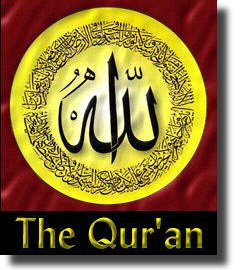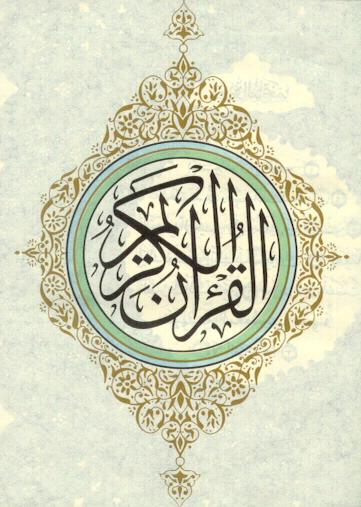



The Holy
Qur'an
The
Qur'an (English pronunciation:
/kɔrˈɑːn/[n 1] kor-AHN; Arabic: القرآن al-qurʾān, IPA:
[qurˈʔaːn],[n 2] literally meaning "the recitation"),
also transliterated Quran, Koran, Al-Coran, Coran, Kuran, and
Al-Qur'an, is the central religious text of Islam, which Muslims
consider the verbatim word of God (Arabic: الله,
Allah). It is regarded widely as the finest piece
of literature in the Arabic language.
The Qur'an is composed of verses
(Ayah) that make
up 114 chapters
(suras) of unequal length which
are classified either as Meccan
(المكية) or Medinan
(المدينية) depending upon the
place and time of their revelation. Muslims believe the Quran to be
verbally revealed through angel Jibrīl
(Gabriel) from God to
the Prophet Muhammad (Peace Be Upon
Him) gradually over a period of approximately
23 years beginning in 610 CE, when Muhammad was 40, and concluding
in 632 CE, the year of his death.
Muslims believe that the Qur'an is different from all other books in ways that are impossible for any other book to be, such that similar texts cannot be written by humans. These include both mundane and miraculous claims. Scholars of Islam believe that its form is unique and of a fashion that cannot be written by humans. They also claim it contains accurate prophecy and that no other book does. The Qur'an itself challenges any who disagree with its divine origin to produce a similar text of a miraculous nature both in form and in content. In Over 1400 years NONE have been able to do so.
The Qur'an - Audio 2



